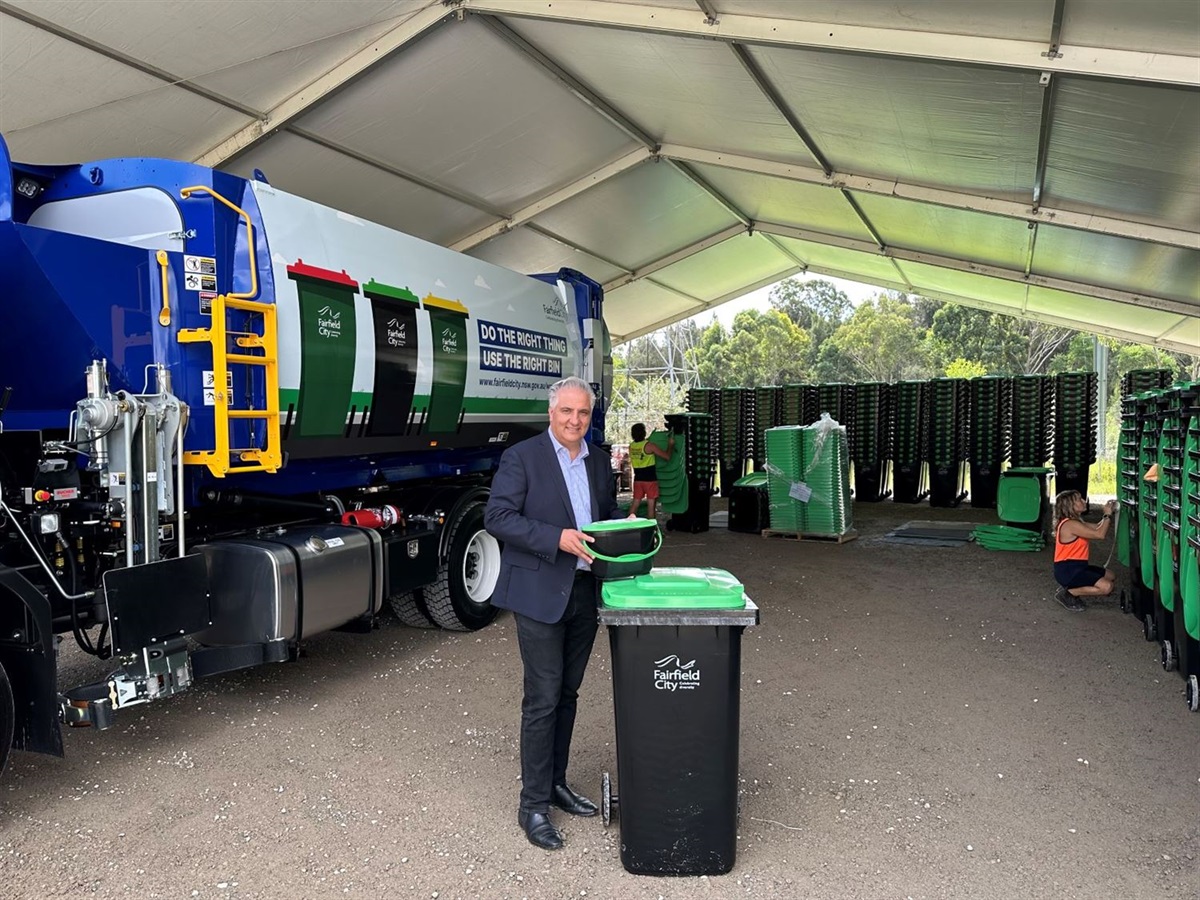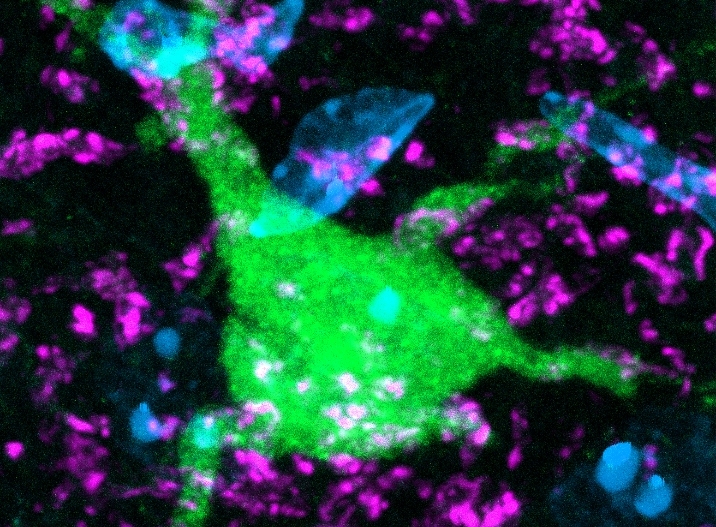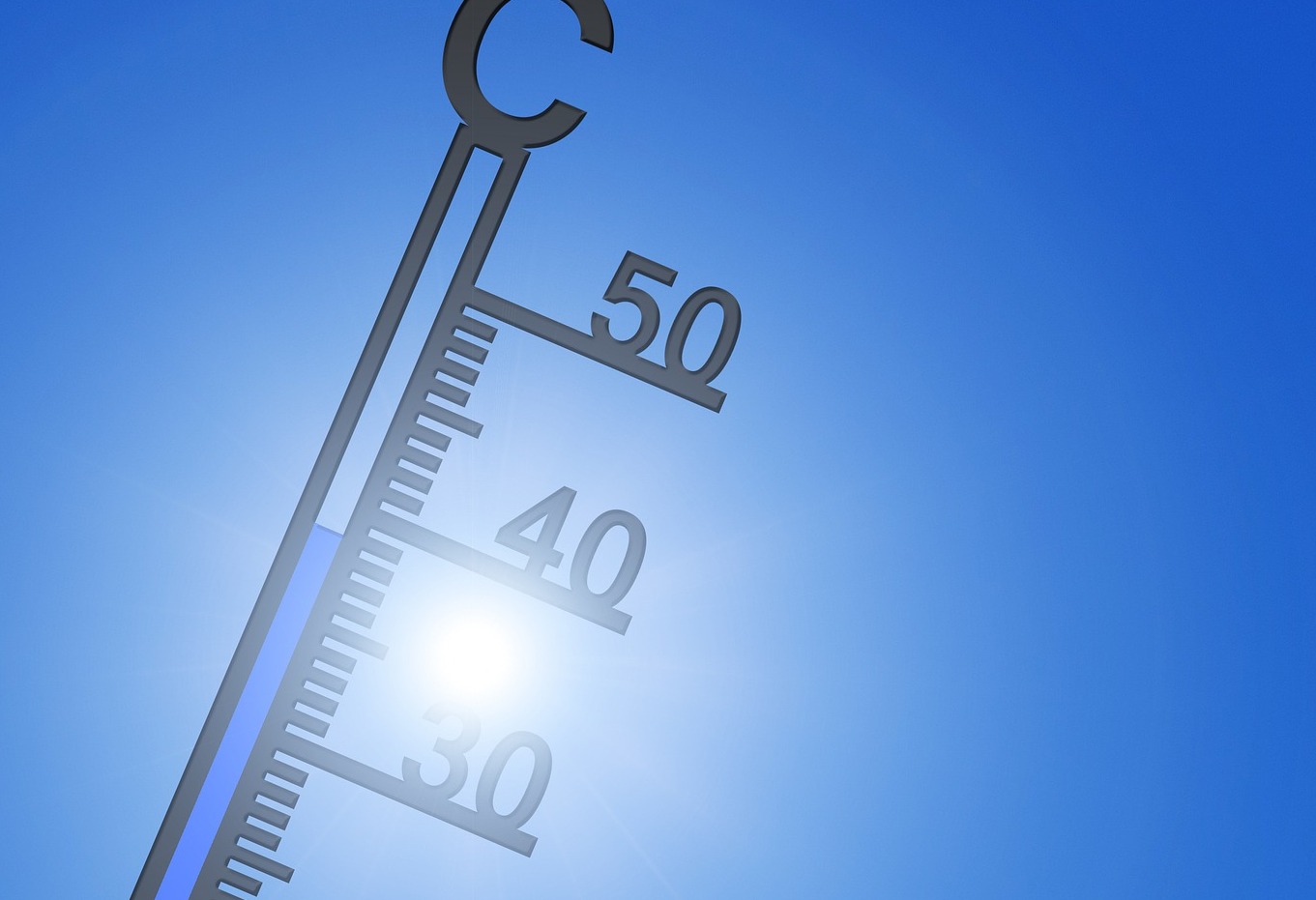NSW Health is urging people to take necessary precautions with heatwave conditions forecast for parts of the state this weekend.
Acting Director of Environmental Health, Dr Adi Vyas, said people should take extra precautions as temperatures are expected to climb into the high 30s or mid-40s, across much of the state in the next few days.
“We are urging people to avoid being outside during the hottest part of the day, to keep well hydrated, and to look after vulnerable neighbours and relatives,” Dr Vyas said.
“Hot weather puts a lot of strain on the body, causes dehydration and can make underlying health conditions worse. It also causes heat stress and heat stroke. People over 75, people with chronic medical conditions and people who live alone are particularly vulnerable.
“Signs of heat related illness include dizziness, tiredness, irritability, thirst, fainting, muscle pains or cramps, rapid pulse, shallow breathing, vomiting and confusion.”
Simple precautions can reduce the risk of heat-related illness:
- avoid the heat of the day by staying indoors and keeping cool by using air- conditioning, fans and drawing blinds and curtains closed
- keep hydrated by drinking plenty of water
- check on the welfare of vulnerable neighbours, friends and family
- plan ahead for hot days.
People showing severe signs of heat-related illness should seek urgent medical attention and, in an emergency situation, call Triple Zero (000).
While everyone needs to take necessary precautions to avoid heat stress, NSW Health is also urging people to continue to practise COVID-19 safe behaviour during the heatwave.
“If you’re able to cool your home through a combination of fans, air-conditioning and closed blinds, please do so and stay at home. That way, we won’t compromise physical distancing in public indoor venues, such as shopping centres, libraries and community halls where people may seek respite from the heat,” Dr Vyas said.
“If you do leave your home to attend other indoor spaces, please physically distance and wear a mask in places where you cannot maintain 1.5 metres distance from others.”
It is essential to keep in touch with relatives, neighbours and friends; especially those living alone or who are isolated. Be COVID safe; check in with them through a phone call or video call.
More information can be found on NSW Health – Beat the heat.







